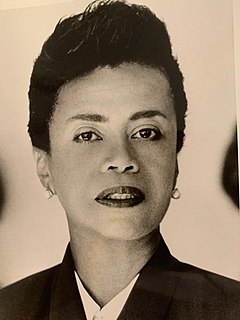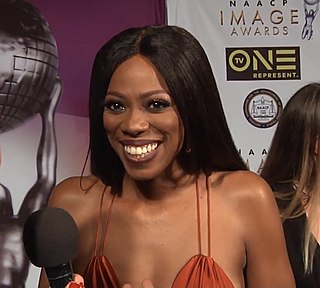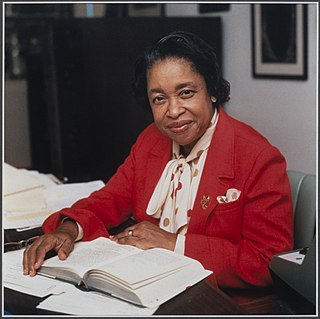A Quote by Jewell Jackson McCabe
We've got to have a legacy of leadership. We've got to bring along with us a generation of black women who are going to confront twenty-first-century realities.
Related Quotes
In Western Pennsylvania, our parents and grandparents left us a strong system of roads, rails, bridges, locks, dams, streetcars, and more - an investment that paid off throughout the twentieth century. It now falls to our generation to rebuild and improve upon this system for the twenty-first century.
Leadership is the great challenge of the 21st century in science, politics, education, and industry. But the greatest challenge in leadership is parenting. We need to do more than just get our enterprises ready for the challenges of the twenty-first century. We also need to get our children ready for the challenges of the 21st century.
I think the twenty-first century happened, basically. That this century started on 9/11. And basically, it's been a century of counter reaction to globalization and the meritocracy. And a good century for 72 nations have gotten more authoritarian. We've had Brexit. We have Le Pen rising in France. We've just got a lot of these types all around the world. And the people who are suffering from globalization and the meritocracy are saying, "No more. You know, we get a voice too."
In my family we got up in the mornings around three o'clock and went out to the barns to bring the cows in and milk. In high school I milked about twenty cows every morning and about twenty in the afternoon when I got home. I have wonderful memories from those early days when my parent's influence was so strong.
I don't mean to imply that we are in imminent danger of being wiped off the face of the earth - at least, not on account of global warming. But climate change does confront us with profound new realities. We face these new realities as a nation, as members of the world community, as consumers, as producers, and as investors. And unless we do a better job of adjusting to these new realities, we will pay a heavy price. We may not suffer the fate of the dinosaurs. But there will be a toll on our environment and on our economy, and the toll will rise higher with each new generation.
All B.S. aside, it all comes down to... we got to survive. I mean, even warriors put their spears down on Sundays. We got to survive here in this country... 'cause I'm not going back to Africa. We got to survive here. And for us to survive here-White folks, Black folks, Korean folks, Mexican folks, Puerto Ricans-we got to understand each other.

































